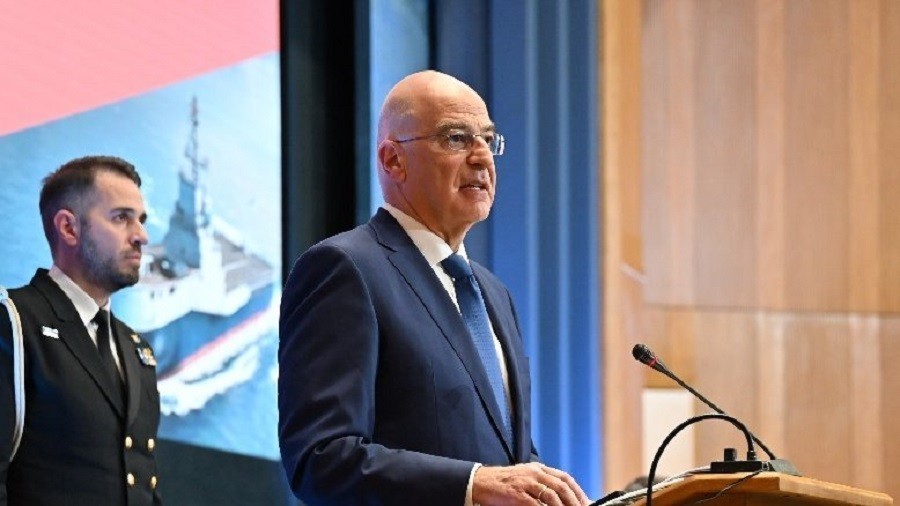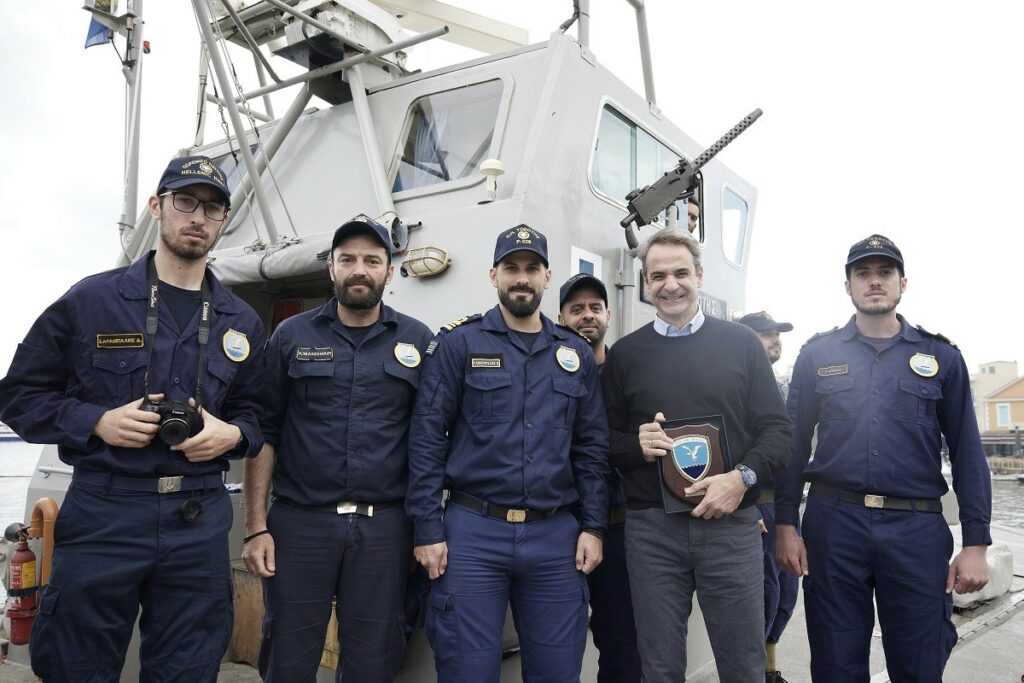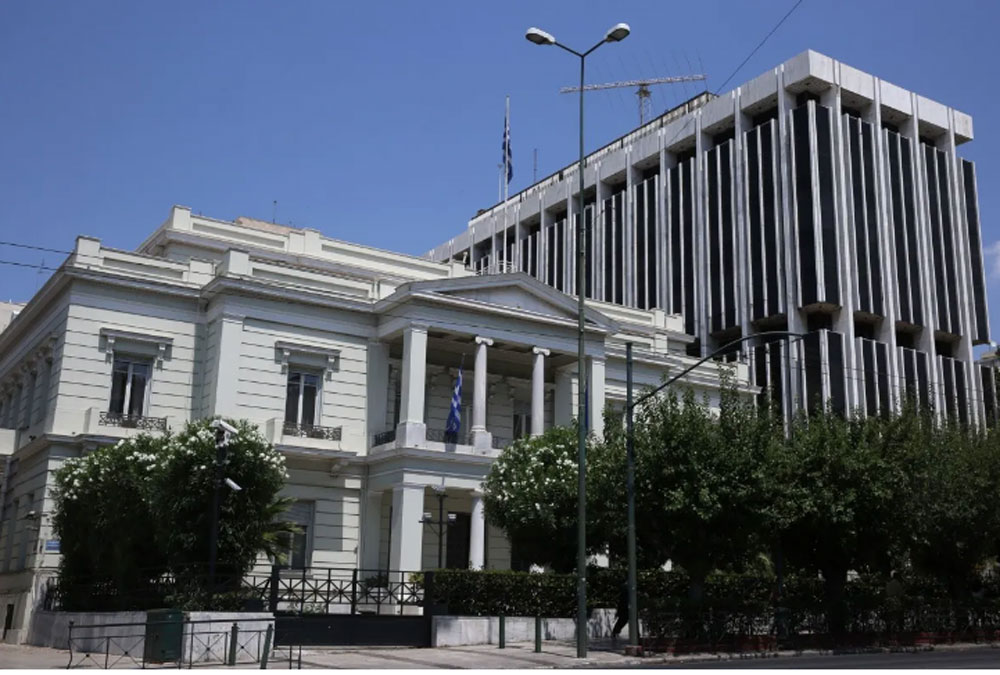
The Reopening of Halki Seminary: A Great Opportunity for Turkey’s Image!
In one of the beautiful islands located in the Sea of Marmara there lies a legend. The name of the idyllic island is Halki and there-in sits a majestic school that began operating in 1844 teaching the Greek-Orthodox religion and its rituals. The famous Seminary of Halki that has had many a great teacher, both clergy and lay, and has produced some of the most prominent minds of the Orthodox Church, was sadly closed in 1971 by a decree of the Turkish state.
The Halki Seminary was a school that thrived in its glory but, unfortunately, could not withstand the persecution of Turkey’s Greek minority. At the time, Constantinople was well-known for its numerous imposing and famous Greek schools that were steeped in their educational traditions. To the Greeks, the most familiar names were those of the Seminary of Halki and the Great School of the Nation. Still others, almost equally respected, were the Zappeio Girls School and the Zografeios School. These institutions, apart from being housed in magnificent buildings, earned their reputation from the great masters who taught there, providing an exemplary education to the Hellenes of the city.
The establishment of the Seminary of Halki in the 19th century resulted from the vision of the ardent Patriarch, Germanos, who realized the importance of organizing a formal training for the clergy of Constantinople (Istanbul). Through his own initiative, Germanos was able to restore the monastery of Agia Triada of Halki and on October 1, 1844, the Halki Seminary opened its doors, welcoming its first principal, Constantine Typaldos, who would establish the school’s original regulations.
Halki’s quality of instruction and the high level of its staff quickly stood out, not only in the Orthodox church, but amongst the world’s Christian clergy as a whole. In 1894, the faculty’s building was totally destroyed by the Istanbul earthquake only to be rebuilt shortly afterwards as a new, imposing Byzantine structure under the guidance of the renowned architect, Fotiadis.
Attendance at the school was for seven years, composed of three years of senior high school and four-years of Theological Seminary, and Patriarch Athenagoras officially made the degree obtained at the senior high school the equivalent of any other school of the Hellenic Diaspora in Istanbul. The seminary’s operation, however, was suspended in 1971 by the Turkish ministry of Education and the high school was formally abolished after the 1984-85 school year. The long and difficult operation of Halki against a vicious background of Turkish policies towards Greek education was mainly due to the efforts and support of the Ecumenical Patriarchate which continues to push for its reopening.
The suspension of the school in 1971 by the Turkish Ministry of Education was part of its determination to discourage the operation of Greek educational institutions that promoted Hellenic ideals and history. All teaching institutions were instructed to exclusively promote pro-Turkish culture trends to all students with those refusing to follow facing persecution. As such, very few Greek offspring were able to continue attending the legendary Greek institutions leading to their eventual decline and a massive outflow of the Greeks of Constantinople.
Over the years, the Ecumenical Patriarchate has gone to great lengths to sensitize world public opinion in the hope that it may prod the Turkish government into reopening the historic school of Halki. Numerous politicians from the United States and abroad have been vocal on the issue, submitting memoranda to the Turkish government in support of the cause with former Secretary of State, Hillary Clinton, making special mention of the need to reopen the storied Seminary.
In an annual report released by the United States’ State Department on July 30th, the Obama administration, once again, urged Turkey to live up to its commitment as a democracy ensuring religious freedom, citing the need to reopen an Eastern Orthodox seminary that has been shuttered for decades.
Former Turkish Prime Minister and recently elected President, Recep Erdogan, has repeatedly attempted to use the reopening of Halki as a lever with respect to the issue of religious freedom in Turkey and in his country’s bilateral disputes with Greece. However, the Greek side has been firm in its stance that the reopening of Halki is solely a matter of respect for religious freedom within Turkey and not an issue of negotiation with the Greek government.
Regardless, the reopening of the Halki Seminary could be a very useful tool for Turkish diplomacy. True, it would provide the Ecumenical Patriarchate with a re-established teaching voice in Turkey. However it would be one with minimal practical impact given the abundance of top-notch theological schools in Greece today. The school would simply offer the prestige of a historical past that could, perhaps, gather interested students from the Orthodox world at large.
For Turkey, however, the reopening of Halki could be used to provide tangible proof that the country truly respects minority religious rights and is heading towards European integration. Such an act may have an important impact on the image of the country in the eyes of a western world that is increasingly worried about Turkey’s recent human rights abuses.
Source: http://www.huffingtonpost.com/justine-frangouliargyris/the-reopening-of-halki-se_b_5681617.html

